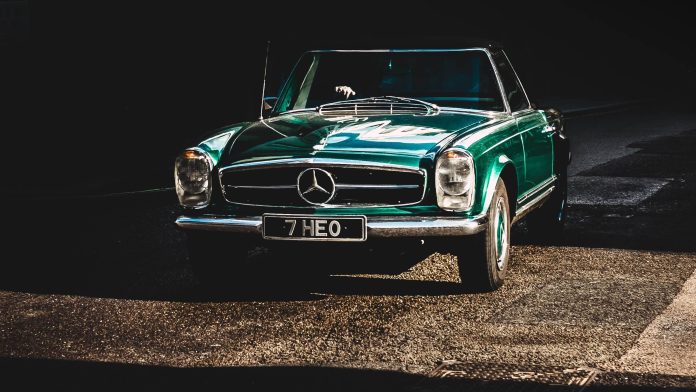Currently, there are over 30 million collector vehicles in the United States — it’s a hobby with quite a following. Besides being just a hobby, it can also be an excellent way for automotive enthusiasts to diversify their investment portfolio. Unlike other cars, classic cars appreciate value over time, primarily due to their rarity. However, investing in collector cars has its fair share of risks.
Here are a few handy tips to help you get value for your money as a collector car investor. Take a look!
Risks Associated with Collector Cars
Here are some of the risks you should buckle up for when investing in collector cars:
1. Needing Storage Space
Vintage cars need tender love and care, so you have to be very careful about where you store them. Sometimes, your home garage may not be the best place since you might have more vintage cars than the garage can hold. Collector car insurance policies can also restrict your storage options.
In that case, you would have to incur the extra cost of renting a storage facility. In addition to storage facility fees, driving the car to the facility is risky if you haven’t fully prepared it to run. A safer option would be getting a classic car transportation company to do the job safely, but the downside is the extra shipping cost.
2. Costly Repairs
Your classic cars have probably been off the market for several years now. Therefore, it might not be as easy to come across a mechanic with vast experience with such cars. Once you find one, you might have to pay handsomely.
Besides the challenge of finding a mechanic, you’ll also have to source replacement parts. This is especially difficult if the car’s manufacturer went out of business long ago. If you want to save some money, you can try your luck at a salvage yard, but do so with an expert by your side. You can also look for online dealers that sell classic car parts.
3. Making the Wrong Prediction
A good investor is one who can almost foresee the future. That would mean purchasing cars that will become collectibles one day. So, the big question is whether your fate lies in delicate analysis or sheer luck. If your prediction comes true, you will make a fortune. However, the opposite is also a possibility. You might spend all your money on a car for nothing.
That’s why it’s vital to study the market carefully. While luck plays a part, due diligence is essential. As an investor, it ensures that you only put your money on exceptional cars.
Tips for Investing in Collector Cars
Nothing is as pleasurable as adding one more vintage car to your collection. But as an investor, you have to look beyond the nostalgia. Here are some tips you can keep in mind to always get value for your investment:
1. Research Before You Sign
Classic cars are a sight to behold. But before buying the car, find out as much as possible about it. Does it have any issues? Can you easily find replacement parts and a good mechanic for the car? It is also essential to find out how old the car is. Keep in mind that an older car is likely to have more issues. If you are not a vehicle expert, consider hiring one who can inspect every inch of that car.
2. Find Out the Appreciation Potential
At the end of the day, it’s not just about how cool the car looks. It’s about how much money you can make from your investment. That’s why it’s essential to research the appreciation potential of any vehicle before signing the cheque. A good indicator of appreciation potential is the car’s worth when it first hit the market. There is a high chance it would be worth more today if it was expensive when it was released.
Rarity is another good indicator of appreciation potential. A rarer car will have a higher value, especially if the restoration work is high quality. It is also important to look at the vehicle’s overall popularity, whether in terms of emotional appeal or overall uniqueness.
3. Keep It as Original as Possible
Once you buy a classic car, you have to tweak some things. There are always some upgrades you can’t forego, such as safety and regulatory compliance updates. However, it would be a good idea to maintain its originality. That means keeping the parts that were included in the vehicle when it was first purchased new. The car’s resale value can decrease when you replace it with modern parts.
Don’t Get Too Attached
It is so easy to develop a sentimental attachment to a classic car. However, you can’t get too attached as an investor. While it’s inevitable to establish a fondness for your vintage cars, always keep in mind that a time will come for you to hand over the keys to the next investor.









